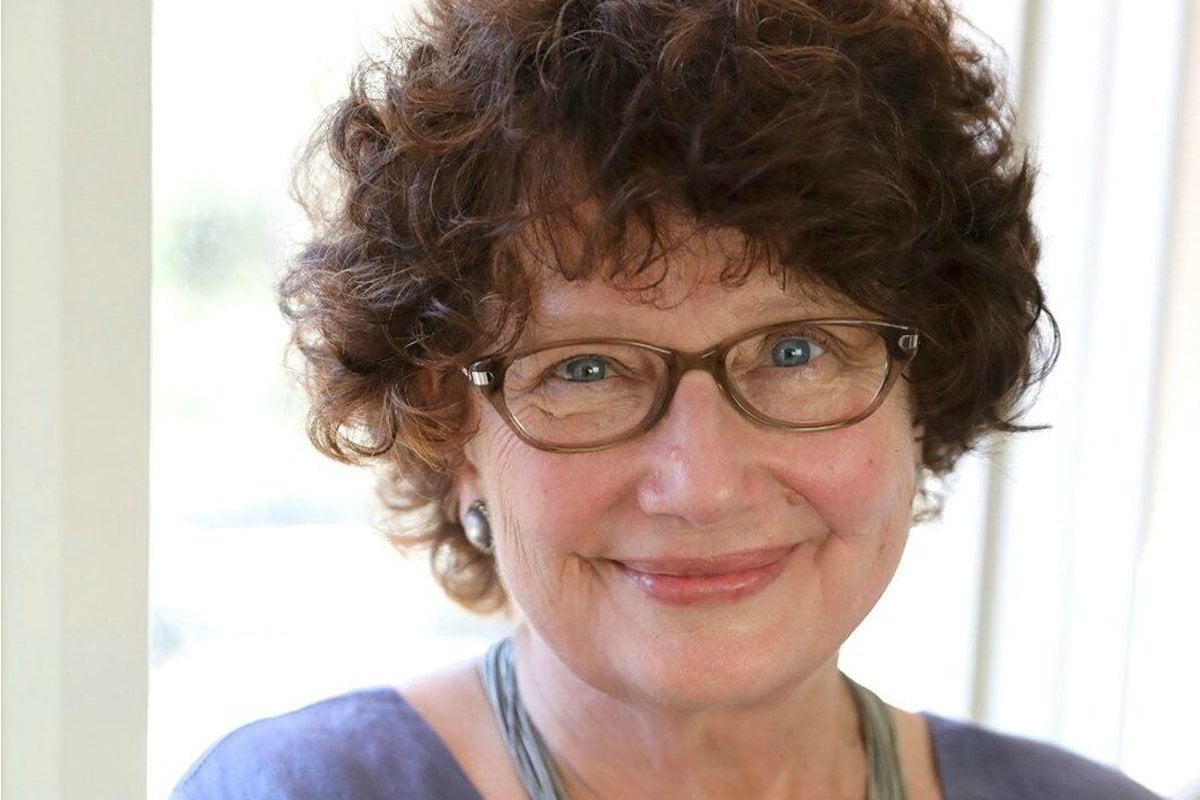
Last week, American writer and editor Doug Murano issued an appeal via Twitter.
"I get tired of 'under 40' lists," he wrote. "Show me someone who got their PhD at 60 after losing everything. Give me the 70-year-old debut novelist who writes from a lifetime of love and grief. Give me calloused hands and tender hearts."
In the comments beneath, dozens of people shared their stories of mid-life success, of leaping into long-desired new careers or mature-age study.
I get tired of “under 40” lists. Show me someone who got their PhD at 60 after losing everything. Give me the 70-year-old debut novelist who writes from a lifetime of love and grief. Give me calloused hands and tender hearts.
— Doug Murano (@muranofiction) September 4, 2020
The fact that such stories are anomalies shows that we still tend to walk a career path that's linear and, sadly, becomes increasingly narrow toward the end.